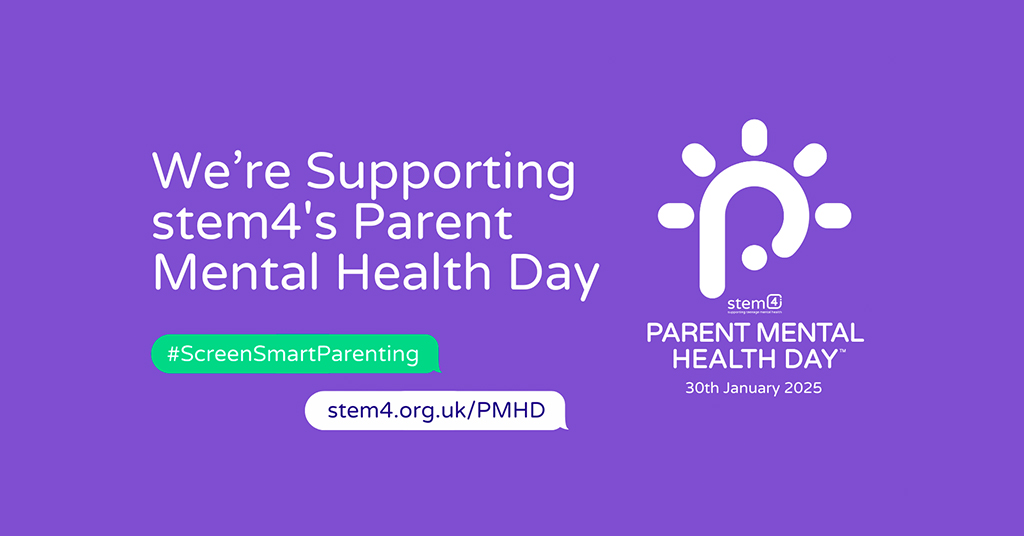How have the LASPO cuts to legal aid denied parents access to justice?
Lord Neuberger, the president of the UK Supreme Court stated recently that parents who have to fight for access to their children without legal representation are being deprived of their human rights. He told The Guardian that the removal of legal aid from family disputes was “wrong in principle”.
Legal aid was first introduced post-World War II for families to access a solicitor and get free legal help. In April 2013, the Legal Aid Sentencing and Punishment of Offenders Act (LASPO) 2012 was made law, which resulted in significant cuts to the availability of legal aid. Many individuals and families suddenly could no longer get help with their family, housing and debt matters. By 2016, the number of legal aid cases dropped by 30%, and a 37% reduction of legal aid providers also took place.
Moreover, since more and more legal aid providers had to give up legal aid work after cuts by successive governments, only 1 in 4 people are now eligible for civil legal aid, with just over 100,000 people getting the advice that they need in 2020/2021, compare to almost a million cases in 2009/2010 opened by lawyers and advice agencies to help people access the advice they need. In 2023, the Law Society found that 39% of parties in family cases are litigant in person, compared to 13% in 2013. The former UK Supreme Court president Lord Neuberger believes that “taking away legal aid from family disputes is wrong in principle” as many parents are potentially being denied their human rights by not being able to access the legal advice that they need and be represented in cases where it involves their children.
LASPO requires people to first pass through an eligibility gateway and then pass both the means and merits test. Significant evidence is required to pass through the gateway before means and merits are even assessed. This might be unfair for some parties who are the alleged perpetrators of domestic abuse, as they cannot access legal aid even if they satisfy the means test. This leads some parties to represent themselves in court as they cannot afford to pay a solicitor privately.
Lord Neuberger’s recent comments that “you need to give people access to legal advice, you need to give people access to courts with a lawyer to represent them” ring true to the Family Team at Jefferies, where we recognise that the lack of legal aid and consequent barrier to receiving justice can have a massive impact on your mental health.
At Jefferies, we have come up with a number of ways to support you, whether you are eligible for legal aid or you are not. Please contact us today on 01702 332311.
The contents of this article are for the purpose of general awareness only. They do not purport to constitute legal or professional advice. The law may have changed since this article was published. Readers should not act on the basis of the information included and should take appropriate professional advice upon their own particular circumstances.
